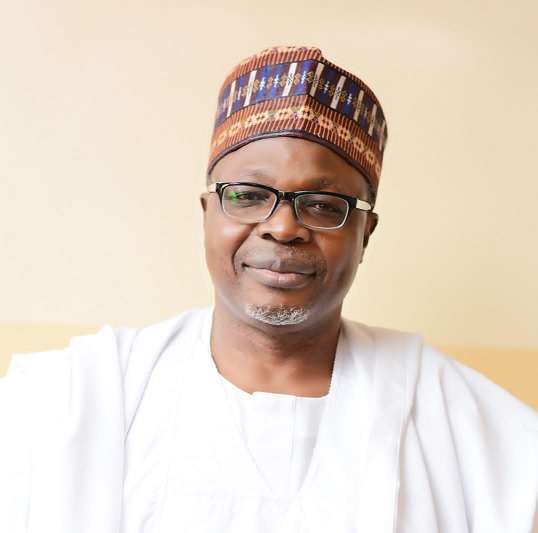
A Professor of Psychiatry, Taiwo James Obindo, has bemoaned the situation in the country, where only 10 per cent of persons with mental illnesses have access to healthcare, leaving a total of 90 per cent without access to care due to some reasons.
Obindo, who is also the President of Association of Psychiatrists in Nigeria (APN) decried the gross shortage in the number of psychiatrists in the country, who according to him are less than 250to care for 220 million Nigerians, noting that this will definitely foster limitation in care access.
He averred that these and other factors have earned Nigeria, the seventh largest country in the world, with the Africa’s highest caseload of depression.
The mental health expert attributed these limitations to gaps in treatment for persons living mental health illnesses, saying they can only be effectively addressed with the full implementation of Mental Health Act 2021, which was assented into law in December 2022.
The APN President, spoke in an interview with Pharmanews, shortly after his address at the launch of the Toolkit for Media Practitioners, facilitated by MHKAFE, CJID and APN.
Citing early reports on the prevalence of mental health illness in Nigeria, he said it has been validated that 1 in 5 Nigerians is having a form of mental challenge or the other. And with a population of about 220 million Nigerians, those with mental illness will be over 50 million.
On the global scene, while the World Health Organisation (WHO) had predicted that one in four persons will be affected by mental health condition atsome point in their lives, it also stated that depression will be the leading cause of disease burden globally, by 2030.
According to him, the ugly indices in mental health cases in Nigeria are as a result of “Few number of mental health personnel, location of facilities- largely at the urban centres, stigma and discrimination, knowledge gap – training, beliefs, myths, religious inclinations, limited funding to health, which has remained at 5 per cent for consecutive years despite Abuja Declaration of 15 per cent.
“Lack of political will by successive governments, has fostered non-implementation of the Mental Health Policy asking for integration of MH into PHC; while Mental Health Policy for PHC in Nigeria developed since 2016, has beengathering duston the shelf of the Primary Health Care Development Agency.Mental Health practice was being driven, until recently, by the Lunacy Act, while the New Mental Health Act 2021, was assented to in December 2022, is awaitingimplementation”.
The critical point to resolving all these challenges, he noted is the full implementation of the Mental Health Act 2021, and its domestication by all states and local governments in the country, as it is only presently domesticated in Lagos State. He also urged journalists to keep the subject of mental health at the front burner in their reportage, while asking the right questions directed at the right quarters.
Earlier in his presentation, the psychiatrist differentiated between a sound mental health state and a mental illness. He defined mental health as astate of wellbeing in which an individual is able to realize his potential, cope with normal stresses of life, work productively and fruitfully; and contribute to his society.
He asserted that the mental health pendulum is a dynamic process which is never static, as he rotates from optimal mental health to domain of mental health, then border of mental illness to mental health conditions.
Meanwhile, he defined mental illness or disorders as conditions that affect one’s thinking, feeling, mood, and behaviour. They can affect one’s ability to relate to others and function each day. Examples of mental illnesses are depression, anxiety disorders, schizophrenia, substance use disorders, dementias, among others.
Obindo, however emphasised that the boundary between mental health and mental disorder is not clearly defined and are not fixed.










